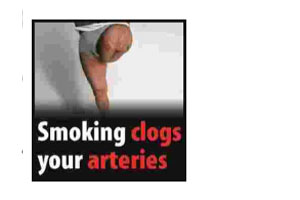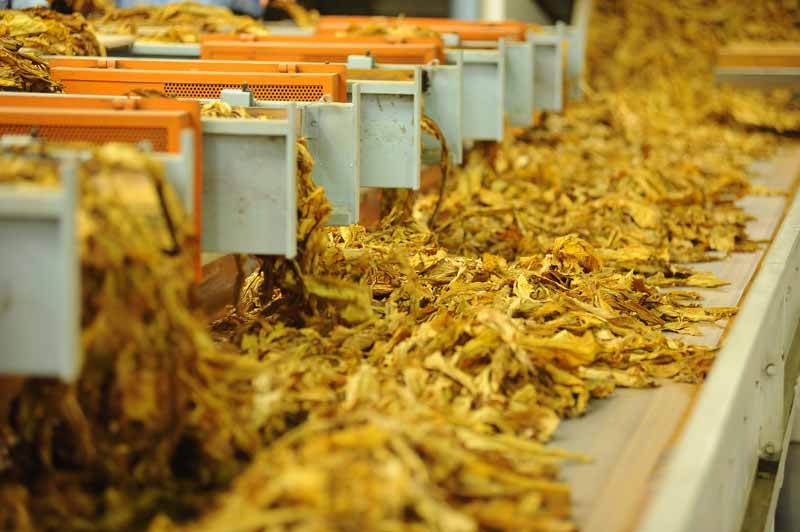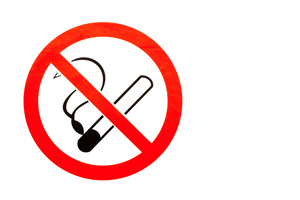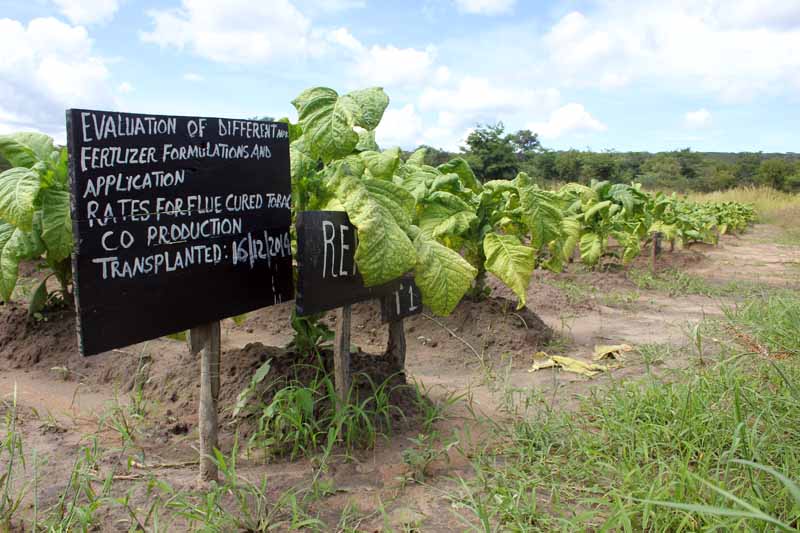
Brad Rodu, a University of Louisville professor, has asked the Journal of the American Heart Association to retract a recent study by Stanton Glantz, a professor of medicine at the University of California at San Francisco (UCSF).
The study, co-authored by Dharma Bhatta, associates adult vaping with a doubled risk of heart attack.
However, when Rodu examined the data, he found the majority of the 38 patients in the study who had heart attacks had them before they started vaping—by an average of 10 years earlier.
Glantz retorted that Rodu has a history of “slicing and dicing” his and other’s research “to make effects go away.”
Glantz calls Rodu a “tobacco industry apologist” and points to documents UCSF has collected that show Rodu’s connections to the tobacco industry.
Rodu says he sought industry funding after the National Cancer Institute treated him as if he was unethical to suggest that smokeless tobacco was safer than cigarettes when he applied for funding there in 1995.
The spat between the researchers is detailed in USA Today.










